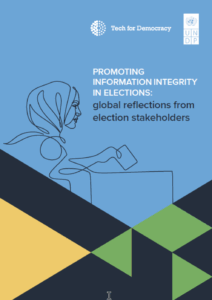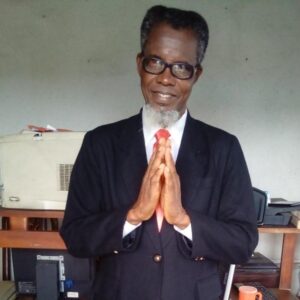THE QUEST FOR TRUTH: NAVIGATING THE COMPLEX LANDSCAPE OF HUMAN RELATIONSHIP WITH REALITY

Introduction
In an age where information is abundant yet often misleading, the pursuit of truth has never been more critical. Our relationship with truth is complex, shaped by cultural narratives, personal beliefs, and the influences of those in power. This article aims to explore the multifaceted nature of truth, the challenges we face in discerning it, and the implications of our understanding—or misunderstanding—of reality.
The Nature of Truth
Truth is often perceived as an absolute, a universal constant that exists independently of human perception. However, philosophical debates have long questioned whether truth is objective or subjective. Is truth a reflection of reality, or is it shaped by individual experiences and societal constructs? This inquiry is essential as we navigate the murky waters of misinformation propagated by various actors in society.
The Role of Religion, Politics, and Economics
- Religious Interpretations: Throughout history, religious institutions have wielded significant influence over the concept of truth. Different faiths offer varying interpretations of existence, morality, and the divine. While these beliefs can provide comfort and community, they can also lead to dogmatism and conflict. The challenge lies in distinguishing between spiritual truths that foster compassion and those that incite division.
- Political Manipulation: In the political arena, truth is often a casualty of power struggles. Politicians and their allies may manipulate facts to serve their agendas, creating narratives that resonate with their constituents while disregarding objective reality. The rise of “fake news” and disinformation campaigns has further complicated our ability to discern truth, leading to polarization and distrust among the populace.
- Economic Interests: Economic players, from corporations to financial institutions, also play a role in shaping perceptions of truth. Marketing strategies, lobbying efforts, and economic policies can distort reality to benefit specific interests. The commodification of information, where truth is often secondary to profit, raises ethical questions about the integrity of the information we consume.
The Social Dimension of Truth
Social dynamics significantly influence our understanding of truth. Groupthink, confirmation bias, and echo chambers can reinforce false narratives, making it challenging for individuals to seek out and accept uncomfortable truths. The advent of social media has amplified these effects, creating environments where misinformation can spread rapidly and unchecked.
The Quest for Understanding
To navigate this complex landscape, individuals must cultivate critical thinking skills and a healthy skepticism. Here are some strategies to enhance our relationship with truth:
- Seek Diverse Perspectives: Engaging with a variety of viewpoints can challenge our assumptions and broaden our understanding. This practice encourages empathy and fosters a more nuanced view of complex issues.
- Verify Information: In an era of rapid information exchange, it is crucial to verify facts before accepting them as truth. Fact-checking organizations and reputable sources can help discern credible information from misinformation.
- Embrace Uncertainty: Accepting that some questions may not have clear answers can be liberating. Embracing uncertainty allows for a more open-minded exploration of truth, free from the constraints of dogma.
- Promote Dialogue: Encouraging open conversations about truth can help bridge divides and foster understanding. Creating safe spaces for discussion allows individuals to express their beliefs while remaining receptive to differing opinions.
Conclusion
Our relationship with truth is a dynamic interplay of personal beliefs, societal influences, and the quest for understanding. As we navigate a world rife with misinformation and manipulation, it is imperative to cultivate a discerning mindset. By seeking diverse perspectives, verifying information, embracing uncertainty, and promoting dialogue, we can empower ourselves and others to discern truth from fabrication. In doing so, we not only enrich our own lives but also contribute to a more informed and compassionate society. The quest for truth is not merely an individual endeavor; it is a collective responsibility that shapes the very fabric of our existence.







